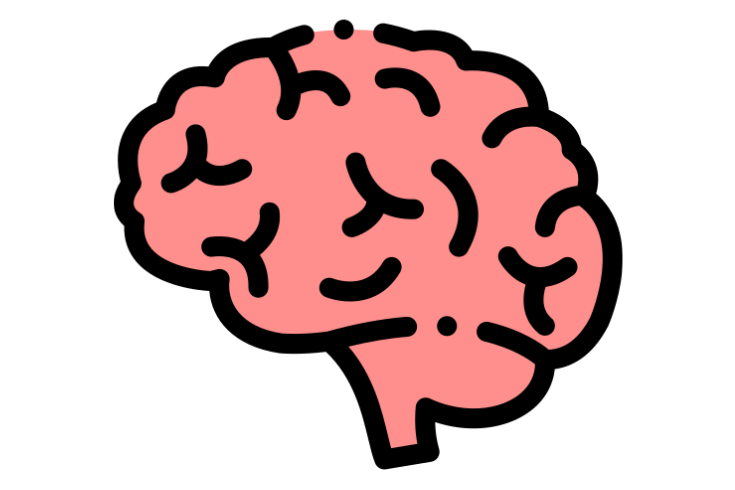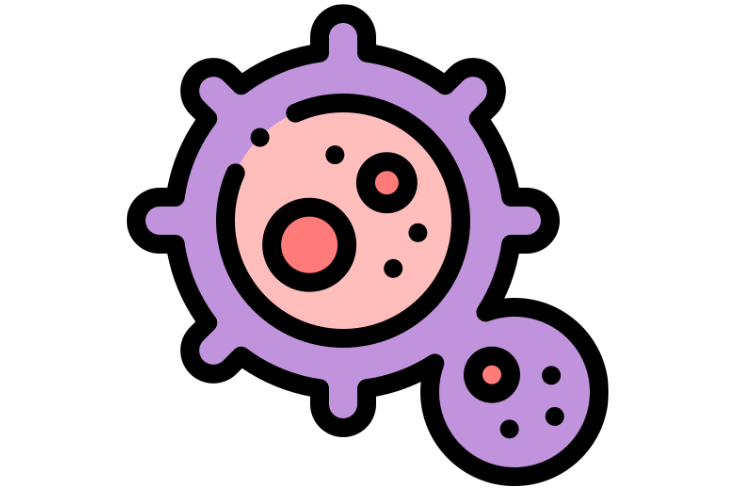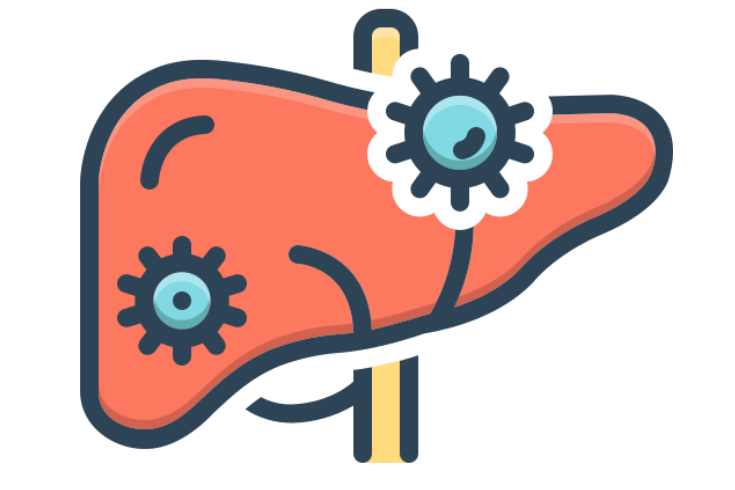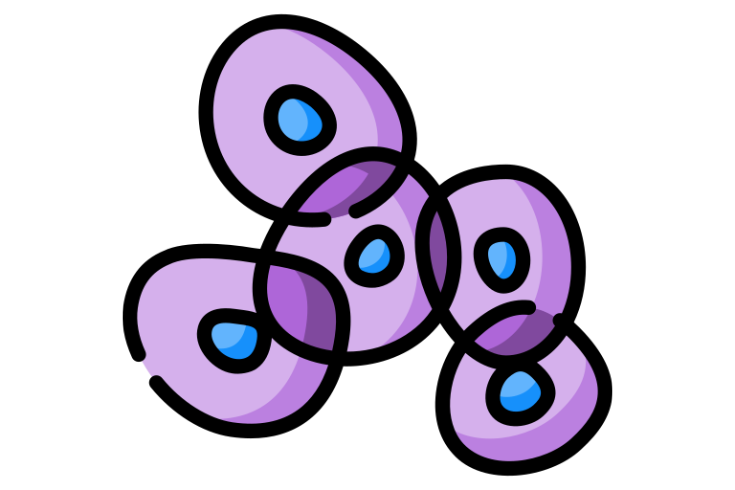Current and Past Sprout Projects
Identification of Inhibitors against PanG, a Potential Novel Tuberculosis Drug Target

This project proposes to use WuXi AppTec DNA Encoded Library (DEL) technology to identify inhibitors of MtbPanG, a new potential tuberculosis drug target. The identification of novel scaffolds that have an inhibitory effect on MtbPanG using this technology can lead to the production of a potent MtbPanG inhibitor. Ultimately, this could aid in the fight against multidrug-resistant tuberculosis by initiating the development of a new drug against tuberculosis with a novel mechanism of action.
circRNAs as Environmental Stress and Life Experience Markers

The present proposal aims to utilize circular RNAs (circRNAs) as markers of age and exposure to environmental stresses. Work from our lab showed that by measuring a subset of brain circRNAs it is possible to determine the age of an animal and whether it has been exposed to high temperatures weeks before. Here we aim to expand these results and identify circRNAs that can reveal the life history of animal populations. Identifying these circRNAs could also lead to the development of synthetic tools to modulate organismal responses to stress.
Hsp90 Inhibitor Screening Assay Development and Use on Small Molecule Library

Hsp90 inhibitors are extensively investigated as anti-cancer drugs because many oncogenic proteins are dependent on Hsp90. However, many such inhibitors have failed in clinical trials due to a lack of efficacy and toxicity. Our lab has optimized an inhibitor-screening platform based on a competitive assay using a small molecule library. We will perform in vitro and in vivo assays to further confirm these new high-affinity Hsp90 inhibitors to discover better anti-cancer drugs.
New Molecular Therapeutics for Inflammatory Liver Diseases

Inflammatory liver diseases, including alcoholic fatty liver disease, nonalcoholic fatty liver disease, drug-induced liver injury, and injury during transplantation and liver surgeries, affect more than a quarter of the global adult population. However, effective therapeutics have been under-developed. High Mobility Group Box 1 (HMGB1) protein has emerged as a promising therapeutic target because of its essential role in these diseases and stereochemically defined heparan sulfate (HS) octadecasaccharides have recently displayed promising hepatoprotection by directly targeting HMGB1. In this project, we will merge stereoselective iron catalysis and enzymatic catalysis to rapidly assemble an array of novel heparan sulfate (HS) molecules that are otherwise difficult to obtain, aiming for the discovery of potent and selective molecular probes as new therapeutics for inflammatory liver diseases.
CYPselect: A New Approach to Inhibition of Medically Important Cytochrome P450s.

Cytochrome P450 enzymes (CYPs) play a critical role in the body, but can also be targets for cancer and infectious disease treatment. Unfortunately, current CYP inhibitors cause side effects because they target multiple enzymes. Our research proposes a new, more selective approach. By designing inhibitors based on a CYP's natural substrates and utilizing isonitriles, we aim to block specific enzymes while leaving healthy ones unharmed. This can potentially create safer and more effective treatments for various diseases. Our published work and patent applications support the promise of this approach.
Solar Thermal Batteries: Elevating Electric Vehicle Performance in Cold Climates

Electric vehicles are excellent for the environment, but cold weather hurts battery performance and range. Current solutions like pre-heating use more battery power. This project proposes a novel approach using photoactive compounds that store solar energy as heat. These materials can be integrated into EVs to provide on-demand heat, maintaining optimal battery temperature and improving range. The project has promising initial results and aims to optimize charging and heat transfer for further development. This innovative solution offers a sustainable way to improve EV performance in cold climates.
Developing Pheromone-based Mosquito Biocontrol Strategies

Mosquitoes spread deadly diseases, but current control methods face resistance issues. Pheromones offer a species-specific, environmentally friendly alternative. This research aims to identify and understand pheromones in Aedes aegypti mosquitoes, the carriers of dengue, Zika, and other viruses. By analyzing mosquito chemicals with advanced techniques, scientists will isolate potential sex pheromones. Understanding these pheromones could lead to new control strategies, like better mosquito traps, and reducing mosquito-borne diseases. While focusing on Aedes aegypti, this approach can also be applied to other mosquito species.
Cell Matrix Innovations

This project proposes to create 3D cell cultures for drug testing and regenerative medicine. It’s based on a novel platform using a combination of light, responsive materials, and computer control. This will allow for dynamic manipulation of cell growth conditions, mimicking the natural environment better. The platform integrates hardware, software, and cell lines seamlessly for optimal tissue development. This technology has the potential to revolutionize tissue culture methods, leading to breakthroughs in drug discovery and regenerative medicine.